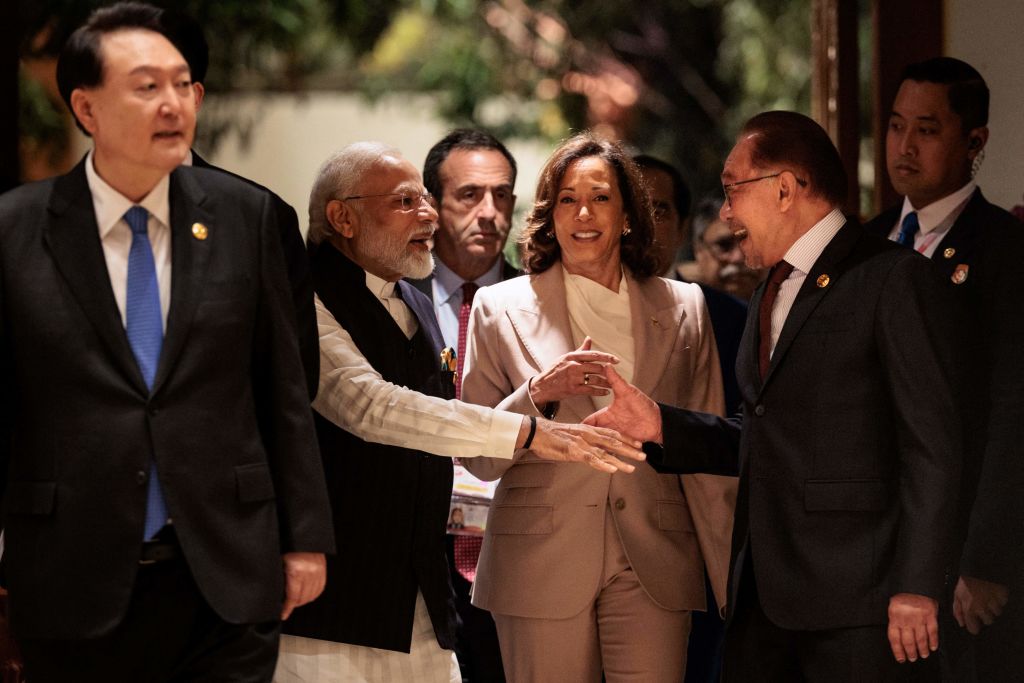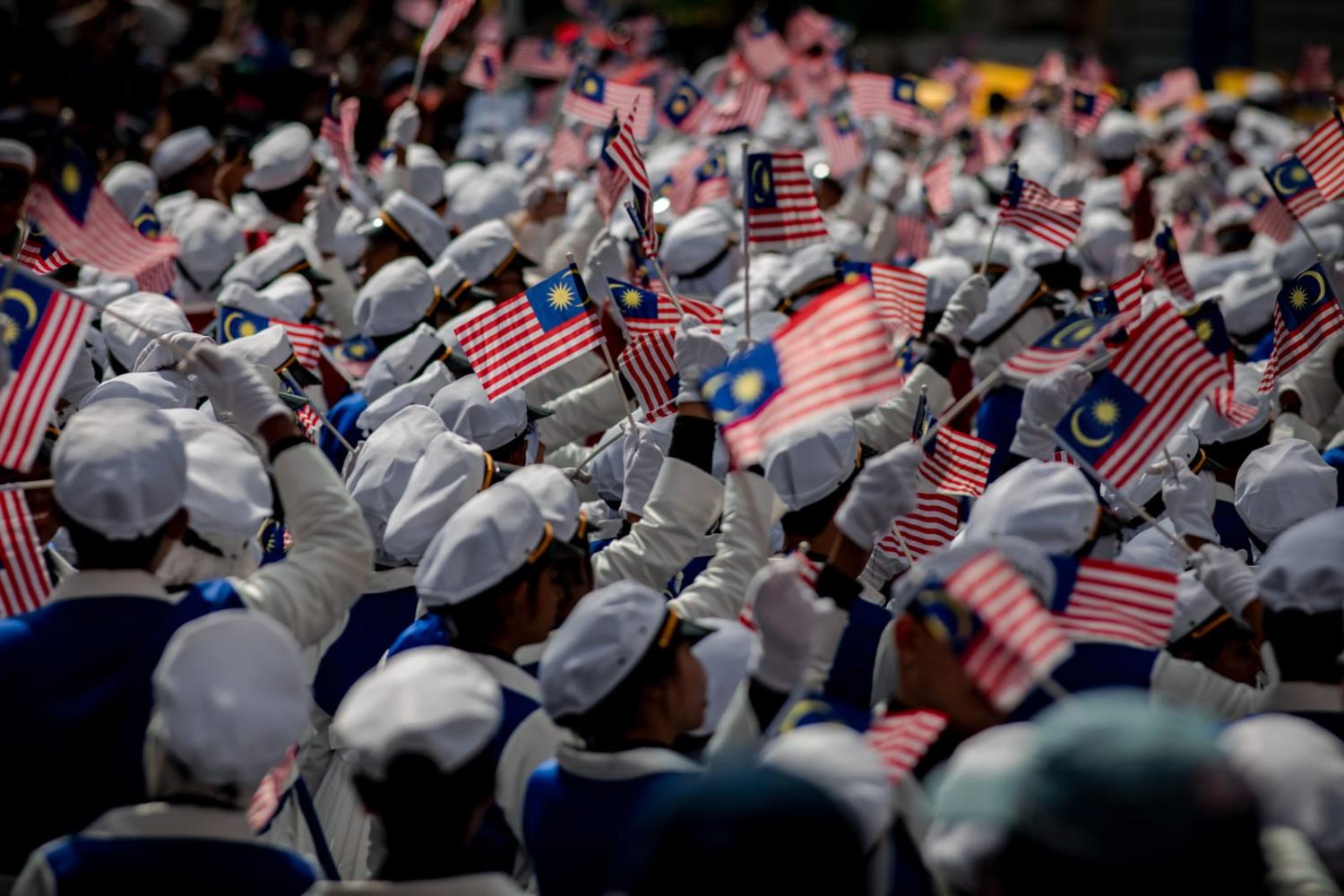With India going to the polls in April, the buzz is that Prime Minister Narendra Modi is set to win a third term. The question that remains is how decisive the victory will be. Modi’s unfettered popularity among the electorate, a hugely fragmented and uninspired opposition, and citizens’ desire for continuity are some reasons why a Modi win is highly likely.
Foreign policy-wise, a Modi win would ensure that future approaches build on existing momentum and stay on its current trajectory. There will be continued focus on the Indo-Pacific, targeted action to mobilise the Global South for greater inclusion in international cooperation mechanisms, a more assertive push for United Nations reform and even greater participation in the region through existing policies (Act East Policy, Neighbourhood First Policy), Indian-led mechanisms (International Solar Alliance, Biofuel Alliance), and minilateral mechanisms that India is part of (Quad, I2U2).
For Malaysia, a country with almost seven decades of bilateral ties with India, a Modi win would mean continuity. After the brief impasse in 2019, the last few years since 2020 saw a pandemic-induced reset in ties with visible effort on both sides to enhance cooperation and elevate relations.
With the enhanced strategic partnership guiding relations since 2015, the year Modi visited Malaysia, the time is ripe to contextualise ties and ensure that they are functional in the emerging regional order – and indeed, there are existing enablers for this.
The recent flurry of diplomatic visits by Indian ministers to Malaysia and a visit by the Malaysian foreign minister to India at the end of last year provide much-needed optics to the significance of ties. Indian External Affairs Minister Subrahmanyam Jaishankar’s visit to Malaysia this week just before elections could be interpreted as a reaffirmation of how important Putrajaya is to New Delhi, and vice versa. The visit also suggests imminent continuity and consolidation in India’s approach to Southeast Asia – which is useful messaging for Malaysia, the 2025 ASEAN chair.
Also important is how Malaysia fits into India’s deeply entrenched “personality and personal relationship-driven foreign policy mechanism” – an aspect of foreign policy that is incidentally based on Jaishankar’s diplomatic prowess on the international stage and Modi’s projection of close friendships with his international counterparts. In that sense, Prime Minister Anwar Ibrahim’s warm camaraderie with Modi is and will be an important factor for deeper bilateral ties.

The resumption of regular defence exercises post-2019 is an important enabler for deeper strategic ties. Recently, Malaysia participated in the Milan exercises as one of the 50 navies in the Indian Navy’s largest-ever multilateral naval exercise. Despite the symbolic nature of Malaysia-India defence cooperation, this aspect of relations reinforces the active and conscious trust-building process.
This forms the bedrock of new-era ties and in many ways deters future diplomatic rows. The defence exercises with India also underscore Putrajaya’s efforts to address perceived parochialism in its strategic relations in the region.
Lastly, the “proliferation” of bilateral mechanisms and initiatives in recent years demonstrates two-way commitment to ensuring cooperation is aimed at addressing contemporary challenges, thereby reiterating the importance of ties. Some examples are the Malaysia-India start-up bridge and the provision extended to Malaysia to trade in Indian rupee.
These Modi-era enablers also serve to stabilise and preserve amicable, functional relations in the face of many points of contention. The basis for the Putrajaya-New Delhi relationship, hence, has been quite clearly, a strategic and calculated silence on issues that could upend this working dynamic. A third term for Modi, however, could encourage a maturing of bilateral ties beyond this selective inattention. This should involve open, targeted and honest interventions restricted to matters unique to the bilateral relationship – mindful that this is not interpreted as interference in internal matters.
How might this happen? For starters, a summit between Anwar and Modi must come to fruition. This is perhaps the most visible missing piece in efforts to reinvigorate bilateral ties. Should Modi take office again, Putrajaya and New Delhi must ensure this meeting takes place – necessary optics for the region but more importantly, key messaging for Malaysians and Indians alike. This is because misperceptions about both countries and the Malaysia-India relationship are particularly known to percolate to societal and individual levels, which then affect bilateral ties.
A meeting between both leaders would reaffirm that there is indeed a shared strategic future with scope for tangible cooperation despite existing ideological divergences and contentions. This summit would also, for Malaysia, be taking place in a fairly stable political environment without “subtext”, compared to last time, between former prime minister Najib Razak and Modi. The summit must also be complemented with enhanced two-way engagement through track 1.5 and track 2 dialogues, coupled with movement of media delegations, which are crucial to address sentiment-related misinformation.
Sophisticated ties would also mean that Putrajaya is open to “buying what New Delhi is selling” on the multilateralism front. Collaborating within newer India-led initiatives such as the International Solar Alliance, Coalition for Disaster Resilient Infrastructure, and Global Biofuels Alliance, which are aimed at tackling global challenges, should be high on Malaysia’s list if headway is to be made to enhance bilateral relations.
For Putrajaya and New Delhi, a Modi win presents an opportunity to find new homeostasis in relations. It allows for a conscious understanding of what conditions are deterring a potential “perpetually stable” relationship. Malaysia must hence plan its long-term approach to a post-election India. Passive symbolism and “pseudo-strategic” ties will no longer do.

